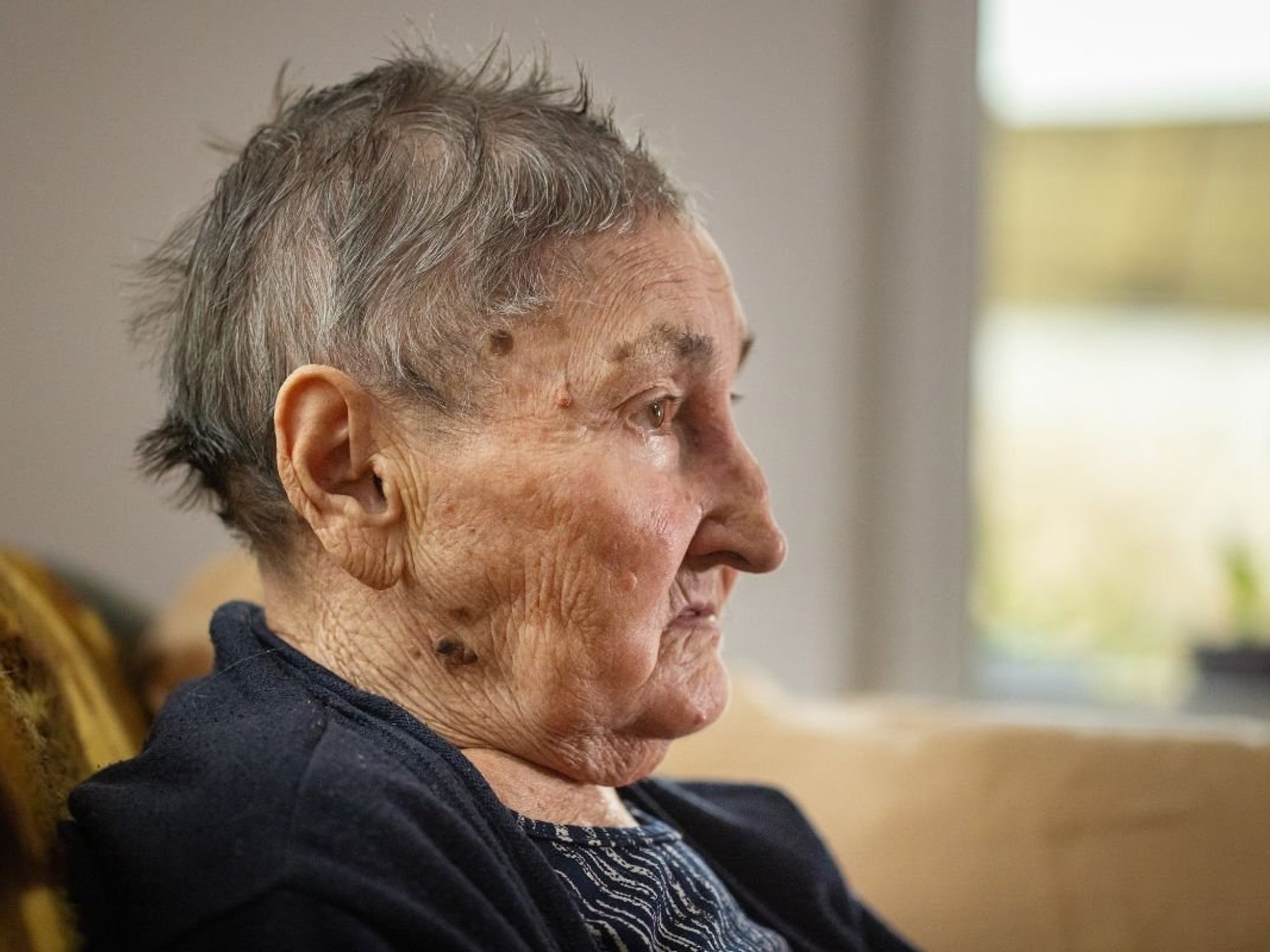What happens when we sweat? How to deal with 'annoying' bacteria
Sweating leaves bacteria on the body
Don't Miss
Most Read
With summer approaching, the warmer weather can result in more sweat and, for many, a problem with body odour.
Body odour is not simply the result of sweat, but rather a complex interaction between our skin and the bacteria that live on it.
While we often blame perspiration for unpleasant smells, the science reveals a more nuanced picture, according to Unilever research scientist Barry Murphy, while discussing Sure Whole Body Deodorant.
He said: "Our bodies' skin, gut, mouth, etc. are teeming with bacteria, the vast majority of which are not only beneficial but essential for our health."

Sweating can cause bacteria on the body
| PEXELSThis microbial ecosystem plays a crucial role in our wellbeing, though some bacterial activity can lead to the familiar problem of body odour that many find socially challenging.
These skin microbes serve important functions in our bodies, the expert said, helping to generate "well-known skin-supporting compounds like lactic acid and vitamins." However, not all bacterial activity is beneficial.
Murphy added: "Sometimes bacteria can produce things that are not quite as useful, and these include odours that we have come to perceive as unpleasant - in this instance, body odour."
The potency of these odour-causing compounds is remarkable, according to Murphy's research.
He said: "The molecules that we perceive as body odour are not unhealthy or harmful, they are just very potent smells that people find offensive." Individuals with stronger body odour typically have higher bacterial populations on their skin.
Murphy said: "We have known for quite a while that those people with the highest level of odour have many more bacteria on their skin than low-odour individuals. [And] a single drop of odour in an Olympic-size swimming pool is enough to allow us to smell it."
Different areas of our body host different bacterial communities, a phenomenon Murphy attributes to varying nutrient availability.
"Different bacteria are present at different parts of your skin and this is mainly due to the nutrients available to them at different body sites," the expert explained.
Many of these microorganisms are either harmless or beneficial, though some can be "annoying" by producing malodorous compounds. Our everyday hygiene routines already help manage these microbial populations.
LATEST DEVELOPMENTS

An expert explained people should not worry about the bacteria
| GETTYDespite the social discomfort body odour can cause, the expert emphasised there's no need for health concerns, stating we should not worry about health implications.
He said: "Having body odour from your underarms is not a sign of ill health, more just an unpleasant experience for many individuals."
While these bacteria and their by-products can affect our quality of life, they don't indicate underlying health problems.
The research suggests that consistent hygiene practices and targeted skin care solutions can effectively keep bacteria in balance, control unwanted odours, and maintain skin health without unnecessary worry about medical implications.











